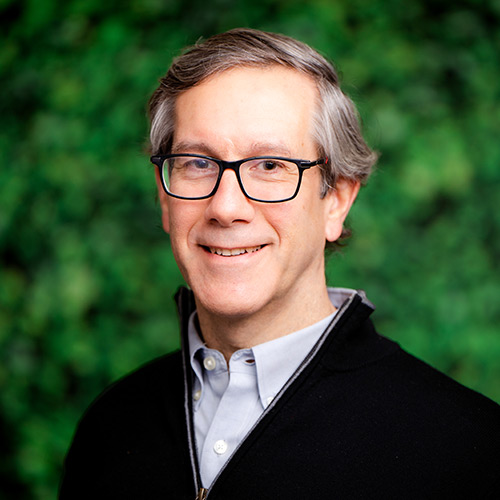Brian Schultz, assistant professor of biblical and religious studies at Fresno Pacific University, and Randall Buth, director of the Biblical Language Center, led 24 participants from 10 states and two African countries in a New Testament Greek workshop August 3-11.
These scholars did more than translate texts and discuss grammar in sessions at California State University, Fresno. They brought New Testament Greek to life by speaking it.
"One learns a language best when one can hear it spoken and then tries to speak it oneself," Schultz said. "However, since New Testament Greek is a dead language, it is no longer spoken, even by professors. This is what these scholars would like to change: they wish to learn to speak it fluently in order to teach New Testament Greek in an immersion environment just like modern languages are taught."
Participants ranged from clergy and university faculty to middle-school teachers. Institutions represented included Denver Seminary, Colorado; Urshan Graduate School of Theology, Florissant, MO; Houghton (NY) College; Denton (TX) Bible Church; and St. Thomas Episcopal School, Huston, TX.
"I had no clear idea of what to expect," said A. Philip Brown II, professor at God's Bible School and College, Cincinnati, OH. "I was highly skeptical that I would bring home much more than a few nifty items, such as choruses or perhaps some stories in Greek."
But the workshop revolutionized Brown's thinking "Metaphorically speaking, I parked in the garage a highly effective, smoothly running, finely-tuned Greek grammar-translation approach…to strike off into the virtually uncharted territory of living language learning," he said.
Teaching language through telling stories inspired Lee M. Fields, professor of Bible and theology and chair of the biblical studies department at Mid-Atlantic Christian University, Elizabeth City, NC. "We were taught new vocabulary as preparation for a story, and then a simple, but engaging, story was told. We discussed the story in the language."
Storytelling is one of the Communicative Language Teaching (CLT) techniques that were the foundation for the workshop. "These are known to be significantly more efficient and effective than traditional methods. Furthermore, they lead to a higher proficiency in reading comprehension and better grasp of the language's grammar," Schultz said.
The majority of the workshop used TPR (Total Physical Response) and TPRS (Teaching Proficiency through Reading and Storytelling), methods that center on speaking or preparing students to speak the language. "TPR is almost nonverbal. TPRS is to illicit the production of language," Schultz said.
Brown and Fields are convinced. "Living language methods…are much more effective in helping students acquire, retain and understand a language even when their use of it will be almost exclusively for reading," Brown said.
"The language becomes real," Fields added. "Anyone can learn the language this way, rather than a limited few who are analytical types."
This was the reaction organizers hoped for. "We are overjoyed at the thought that the excitement we have experienced… is now being passed on to others who are likewise passing it on to their students," Schultz said.
Discussions are under way on holding another workshop in the summer of 2012.

